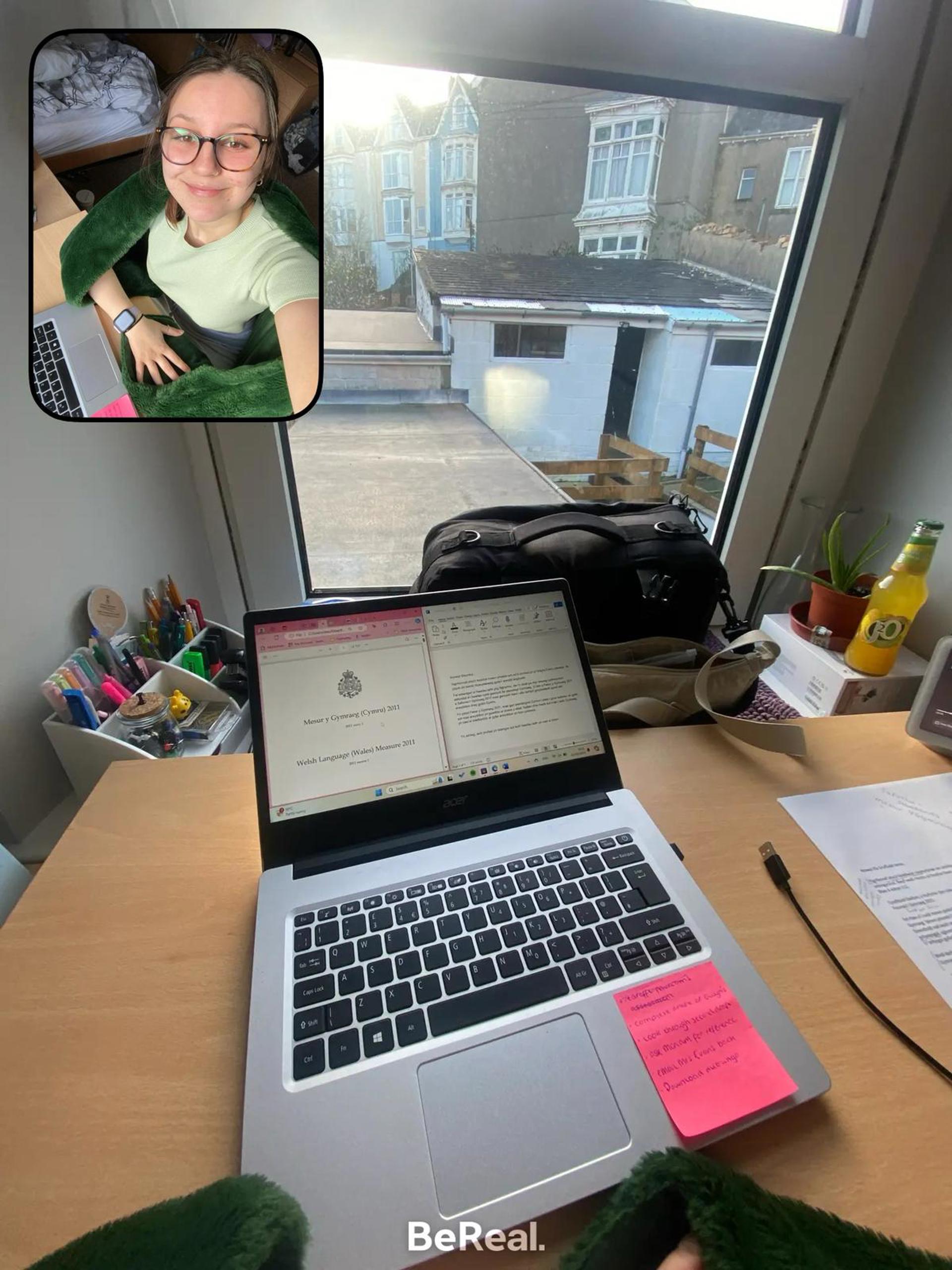When I was at school, there were not many positive attitudes towards Welsh lessons. Up and down the corridor, my friends and others would ask each other “what's the point?” And for a while, I also believed that. I went to an English-medium school in the South Wales Valleys – and if you didn't know where to find the Welsh language, you could go through most of your life without hearing any Welsh. But through my current research, one thing is clear: slowly, things are changing.
I'm currently studying for my Master’s degree at Cardiff University on the sociolinguistic pathway. As part of my research over the summer, I will be conducting interviews again with students studying in English-medium schools – a type of research that builds on the results of my undergraduate degree, and the PhD in the future.
When I carried out the research for the first time, I found that many more people than expected saw the value in learning Welsh after they had left school – they couldn't remember much but wished they had learnt more useful phrases to help them live their lives in Welsh.
As part of the Curriculum for Wales 2022, there are greater opportunities for teachers to be flexible about what they teach. My research and conversations with teachers have already shown that this has had a positive impact: pupils engage more with their Welsh lessons, and their attitudes seem more positive.
Through this research, I hope to find ways in which the Government can improve the 2050 strategy and inspire students from a similar background to mine to continue learning Welsh after their GCSE exams.


